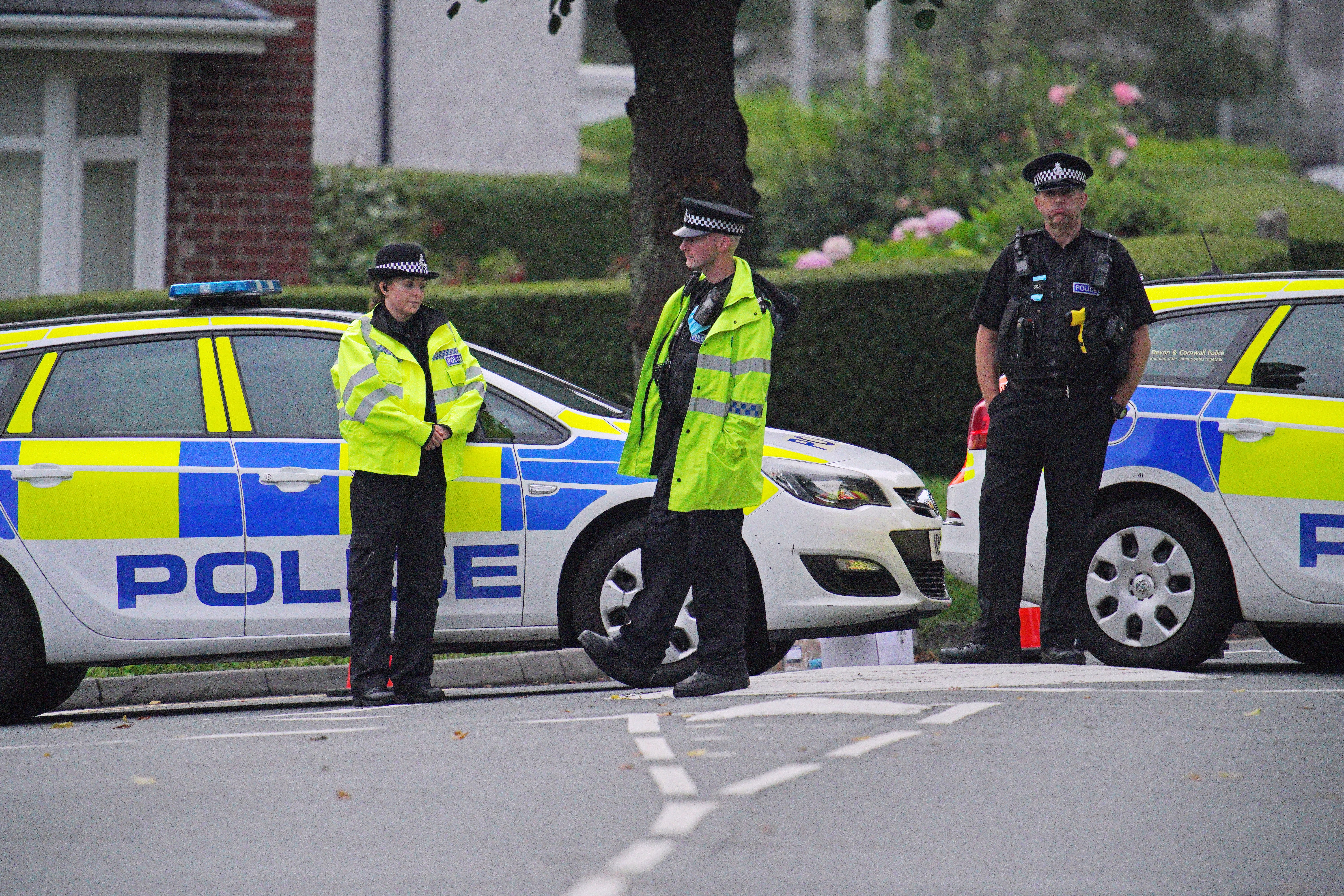Plymouth shootings: What is an incel? An expert explains
Do we need to pay more attention to incel culture? An expert explains what’s really going on

Your support helps us to tell the story
From reproductive rights to climate change to Big Tech, The Independent is on the ground when the story is developing. Whether it's investigating the financials of Elon Musk's pro-Trump PAC or producing our latest documentary, 'The A Word', which shines a light on the American women fighting for reproductive rights, we know how important it is to parse out the facts from the messaging.
At such a critical moment in US history, we need reporters on the ground. Your donation allows us to keep sending journalists to speak to both sides of the story.
The Independent is trusted by Americans across the entire political spectrum. And unlike many other quality news outlets, we choose not to lock Americans out of our reporting and analysis with paywalls. We believe quality journalism should be available to everyone, paid for by those who can afford it.
Your support makes all the difference.Last Thursday, the UK was left horrified by the news that a gunman had shot dead six people in Plymouth. Jake Davison’s victims included his mother and a three-year-old girl, before turning the gun on himself. The massacre was the deadliest mass shooting in Britain in over 10 years.
It has since transpired that Davison had previously recorded videos on social media which saw him call his mother “abusive”, “disgusting” and “vile”. He had also uploaded videos where he described himself as an “incel” and bemoaned the fact that he had not lost his virginity as a teenager.
In one video, Davison reflected on how some men his age had wives and children. “Does an incel, a virgin, get that?” he asked, apparently referring to himself. “No.”
But what exactly is an incel? And is there a growing community that is cause for concern? Dr Frazer Heritage from the School of Social Sciences at Birmingham City University explains incel culture to The Independent.
Q: What is an incel?
A: “The term ‘incel’ is a portmanteau of the terms ‘involuntary’ and ‘celibate’. Incels are typically heterosexual men who wish to, but do not, have sexual relationships with women. Incels typically blame their lack of sexual/romantic relationships on societal structures, women, and the men women do have sexual/romantic relationships with. This blame leads to self-definitions as victims.”
Q: Is there a growing community of incels?
A: “The incel community started online in 1997, but has certainly seen an increase in recent years. However, many of the websites and forums where they gather have been banned. For example, in 2019 the sub-Reddit R/Braincels was banned under new Reddit guidelines against hate speech, violence, and harassment.
“From my own research experience, there were around 45,000 active subscribers to the R/Braincels Reddit before it was banned. This does not include the multiple thousands who might have not subscribed to the sub-Reddit but were nevertheless active participants. Sadly, more people appear to be joining the incel community than leaving it, so in a sense it is growing – though, it’s not possible to say how rapidly.
Q: Why is the incel community growing?
A: “One of the reasons why people might be joining this community is due to online access. With young and vulnerable people spending more time online (e.g. with the Covid pandemic and resulting lockdowns), it is understandable that some people might ‘fall down the rabbit hole’.
“Online platforms offer a unique space: they allow people to anonymously post vitriol without any form of social backlash. This is particularly true of the incel community, which is notorious for being an echo chamber of misogyny.”
Q: What is the ‘black pill’ philosophy?
A: “To understand the ‘black pill’ philosophy, we need to look at the film The Matrix. The protagonist, Neo, is given a choice: take the red pill and learn about potentially unsettling or life changing truths, or take the blue pill and live in ignorant bliss.
“For those who subscribe to the red pill philosophy, they believe the truth is that sex is a prescribed value, and thus women have all the socio-economic capitol over men – and those who do not conform to what women want are persecuted through sexual-economic means.
“The black pill idea stemmed from the red pill – incels hold the same truths as those from the red pill, but rather than do anything about the perceived problems in society, they choose nihilism and hopelessness.”
Q: What needs to be done to tackle this?
A: “Currently, the regulation of websites such as Reddit, 4Chan and similar, is minimal. More work is needed from these big tech companies to identify potentially harmful posts and remove them.
“Further work by charities and other organisations is needed to teach young and vulnerable people about the dangers of online communities such as incels, and promote safe online spaces where they can seek help.
“More education is required to address misogyny – online and offline – identifying when someone says something with potentially harmful ramifications, and agreeing how to respond to such comments.”
Join our commenting forum
Join thought-provoking conversations, follow other Independent readers and see their replies
Comments